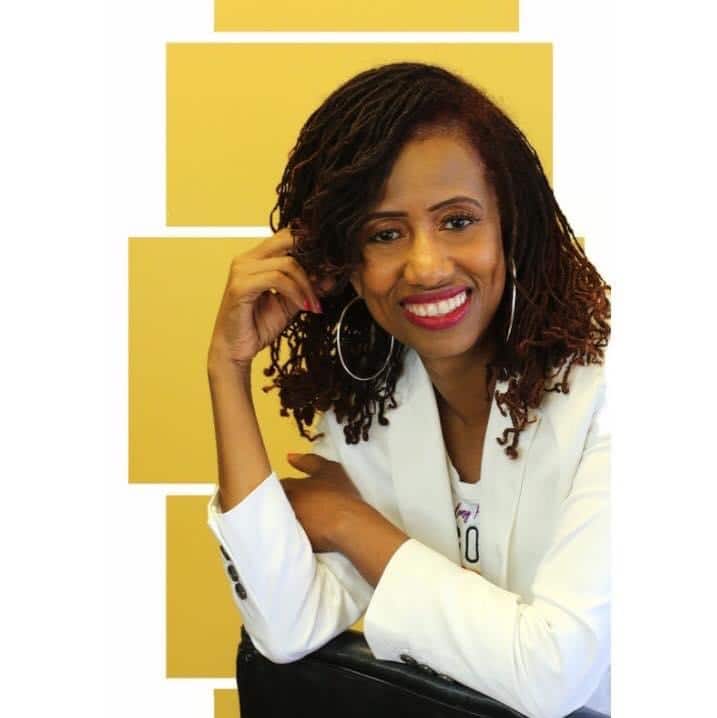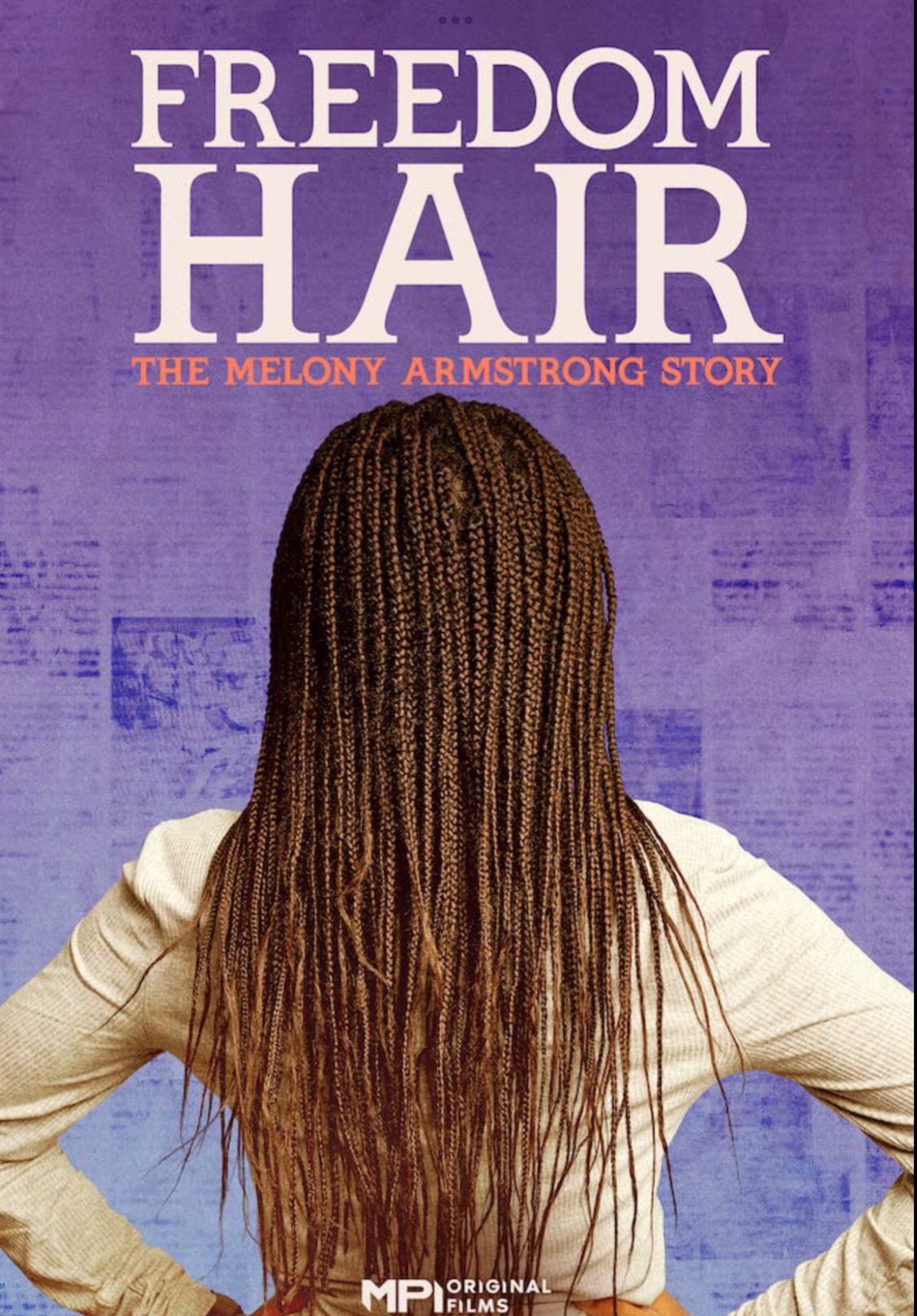For nearly 30 years, Melony Armstrong has been a passionate voice for natural hair care causes and a key contributor in efforts to get the state of Mississippi to change outdated laws that impose unfair policies and fines on hair braiding salons.
And now, all of her time, energy, determination, and focus, has been developed into the movie “Freedom Hair” which is currently in postproduction with MPI Original Films and set for release sometime in 2023.
Armstrong will be portrayed by Simona Brown, who starred as the lead in the Netflix limited series “Behind Her Eyes.” Sophia Bush, Jeremie Harris, and Erica Tazel also star in the movie which was written and directed by Oscar nominee Dianne Houston. Armstrong is an executive producer of the film and has a cameo in the movie as a nurse.
The movie is about Armstrong’s 20-year fight to pass a bill in the Mississippi Legislature to lift what was a host of restrictive regulations for those who wanted to braid hair. When the bill finally passed in 2005, it eased the restrictions on teaching hair braiding. Since its passage, more than 6,000 jobs and business owners have been created throughout the state. Without Armstrong’s grit and refusal to take no for an answer, that kind of industry growth would have been impossible.
“When I decided I wanted to braid hair professionally over 25 years ago, it was crazy because I didn’t even know how to braid,” she said. “Now I teach people all over the globe.”
But the journey wasn’t an easy one for the Tupelo native.
In the early 1990s, Armstrong was constantly traveling to Memphis to get her hair braided. She eventually decided she could learn to braid hair and open her own salon in Tupelo. She went to Atlanta to learn from a master there and became the only professional hair braider in the Magnolia State in 1994.
“When I went into business, my goal wasn’t to file lawsuits, so how we ended up going from hair braiding to filing lawsuits was quite a jump there,” she said.
She started braiding hair in her home and in no time her entrepreneurial spirit took over and she wanted a brick-and-mortar business. She contacted the Mississippi State Board of Cosmetology to see what it would take to hire and train others in hair braiding and was told hair braiders had to complete either a 1,500-hour cosmetology curriculum or the 300-hour wigology license program.
Since she only wanted to braid hair, she was told she would have to find a school that offered the less restrictive wigology license course. It took her three years to find someone who could teach her the course and in 1997 she finally obtained her wigology license.
She opened her natural hair salon, Naturally Speaking, in 1999 and was the first licensed, professional hair braider in Mississippi. As her business grew, she wanted to expand and hire and train others to help with her growing workload. When she called the state Board of Cosmetology to ask for guidance, she was told anyone working in the salon would need a full cosmetology license because the wigology course had been eliminated.
“It was unfair for others with the skill to have to go through all this,” she said.
Armstrong learned about the Institute for Justice, a nonprofit public interest law firm and with their help and support, she filed a lawsuit against the Cosmetology Board, claiming its licensing requirements were unfair and unconstitutional.
That move prompted the Cosmetology Board to introduce a hair bill so Armstrong dropped the lawsuit and filed her own bill. With the support of local officials and legislators, a bill was signed by Gov. Haley Barbour in April 2005, deregulating hair braiding.
Hair braiders now pay a $25 registration fee with the state Board of Health and complete an application instead of spending thousands of dollars for a cosmetology license that doesn’t teach a single course on braiding.
Armstrong’s successful effort to pass the hair bill has inspired similar successful crusades in several other states and now her actions will be memorialized on the big screen.





